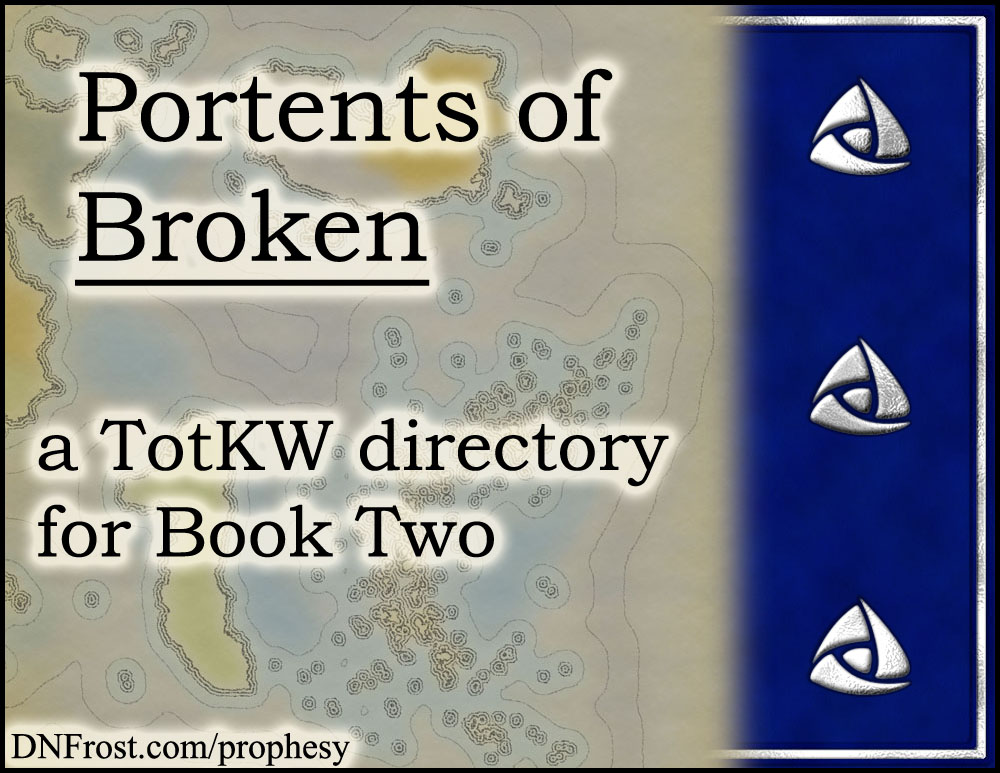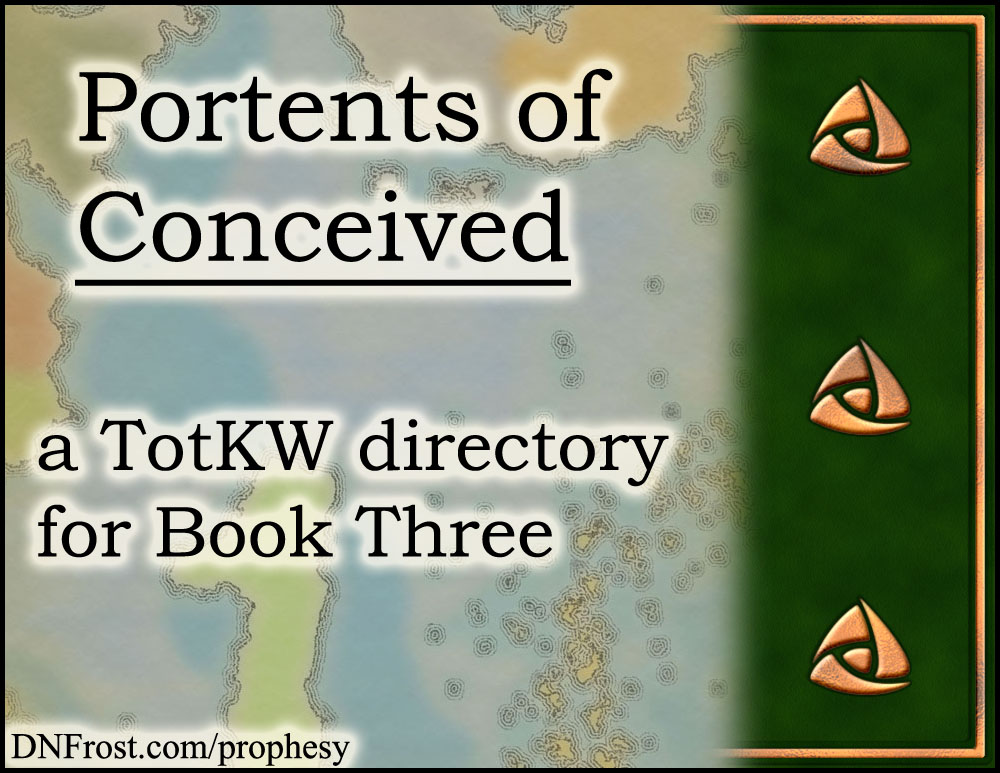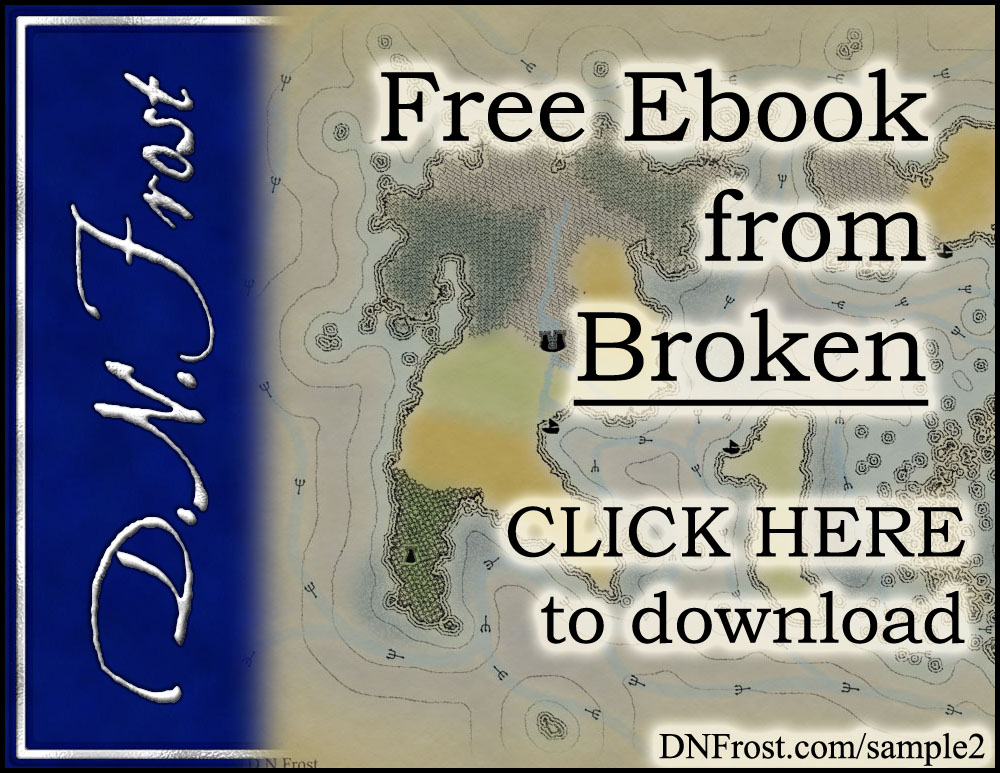This post is Part 3 of a series to augment the Tips for Writing Fiction available for free download. Start with Part 1 here.
This and other writing workshops are gathered in my Workshops Directory for you to explore.
This post is also Part 8 of a series about M.L. Spencer. Start with Part 1 here.
Disclaimer: I received a free copy of this book in exchange for an honest review.
I first connceted with M.L. Spencer in
Part 1 of this guest series, and in
Part 7 of this guest series, I provide the actual book review! The long-form style analysis below goes into much
greater detail, diving into many aspects of storycraft, worldbuilding, and wordsmith techniques. I wrote my first style analysis for M.L. Spencer in
Part 1 of this workshop series.
Darklands by M.L. Spencer is
Book Two of The Rhenwars Saga, an epic fantasy spanning a millennium, two realms, and all the ethics of the human condition.
This book is Spencer's third novel, published after the prequel that I reviewed
here and Book One, which I reviewed
here. When this novel was first published, it was billed as Book Three, but has since reverted to Book Two.
★★★★★
Five stars! This great story delivered something I've never seen before.
★★★★★
A mere two years after the grand conclusion of Spencer's previous book,
the ghastly portal to the Netherworld is opened again.
But this time, the portal is opened not by a depraved lunatic Hell-bent on power and glory, but rather
by a fierce and feral young woman from a cursed land.
Sharply called to atone for his wrongs in Book One,
the complex hero Darien Lauchlin becomes a noble anti-hero in Darklands, sworn to help the young woman save her starving people from destruction.
In the previous book of the saga, Darien defends his homeland from the Enemy, invaders from the cursed Black Lands beyond the mountains. But in
Darklands,
Spencer turns evil inside-out and explores the consequences of demonizing another people.
Probing both sides of a previously black-and-white conflict between good and evil, she crafts her story deftly,
humanizing the Enemy and compelling the reader to resent the "good guys" for their unbending self-righteousness.
Unlike the standalone prequel and debut novel of
The Rhenwars Saga, Darklands reads like a true sequel. This book picks up the story roughly where the prior book left off, and I love how Spencer used this narrative to explore the
long-term ramifications of the desperate sacrifices made by characters in the preceding two books.
While Spencer infused a standalone quality into
Darklands, readers will best appreciate the artful nuances of her complex plot if they
read the saga in order.
Spencer also keeps raising the stakes. In the prequel, a small class of people sought to save themselves. In Book One, a nation defended against an invasion from cursed lands.
Now,
Darklands reveals
a resilient population within the cursed lands, toiling in utter darkness and sustaining themselves through magic alone.
By showcasing this
foreign and tenacious people who will starve to death when their magic dies, Spencer adds a beautiful and heartwarming element to a race once known only as the Enemy.
The world of
Darklands is deeply fascinating,
a land vitrified by ancient fire and cloaked in churning darkness. Clinging to life, the people of the Black Lands tend precious crops nurtured by magic light.
A short blunt food chain supports short blunt lives, and I love how they developed
some higher technologies like steam power to offset the magical deficits necessitated by their agriculture.
To my surprise, the people of
Darklands enjoyed
a few small luxuries like herbs, spices, dyes, and incense that seemed strange considering the value of each square inch of arable light in a black world.
I was also
surprised at the dark skin tone of their people, considering they bred in darkness for a thousand years,
as well as at the vivacious bulk of some of the land's warriors, perhaps glutted on protein compared to the starving population.
These details felt jarring to me, like an unfortunate oversight in expressing the myriad ways that a thousand years of
darkness would impact culture, cuisine, and physique.
Due to these idiosyncrasies in the world-building, I originally gave
Darklands four stars instead of five,
a decision that has haunted me since.
By my own criteria, the novel deserved five stars since
it delivered a completely unique scenario - a people in darkness, whose crops depend on the sun-like light woven by precious magics. I have since adjusted my rating, since my personal quibbles over execution should not undermine what is
a truly creative premise.
Spencer's thoughtful and in-depth world-building
brought to life an impossible realm, as well as a second land vivid with intrigue and the interplay of various deities.
I loved the dynamics of the temple council, and
Spencer's ironic wit shines in the God of Chaos, who struck a covenant to stabilize the world long ago.
Reaching the end of
Darklands,
I felt a wash of disappointment when I realized the story needed at least one more book to resolve.
Though I knew there was a fourth book, I'd
hoped more of the story would fit into
Darklands, simply for my own enjoyment.
Overall,
Darklands by M.L. Spencer is
a thrilling read and a momentous foray behind the veils of good and evil. I very much look forward to the next book in
The Rhenwars Saga.
That's it for this series! Check out the latest writing workshops for more.
Want a review of your own book? Check out my
Services for Authors.
You deserve a mindful reader and an honest book review.
Download Tips for Writing Fiction here, or start your adventure below.













